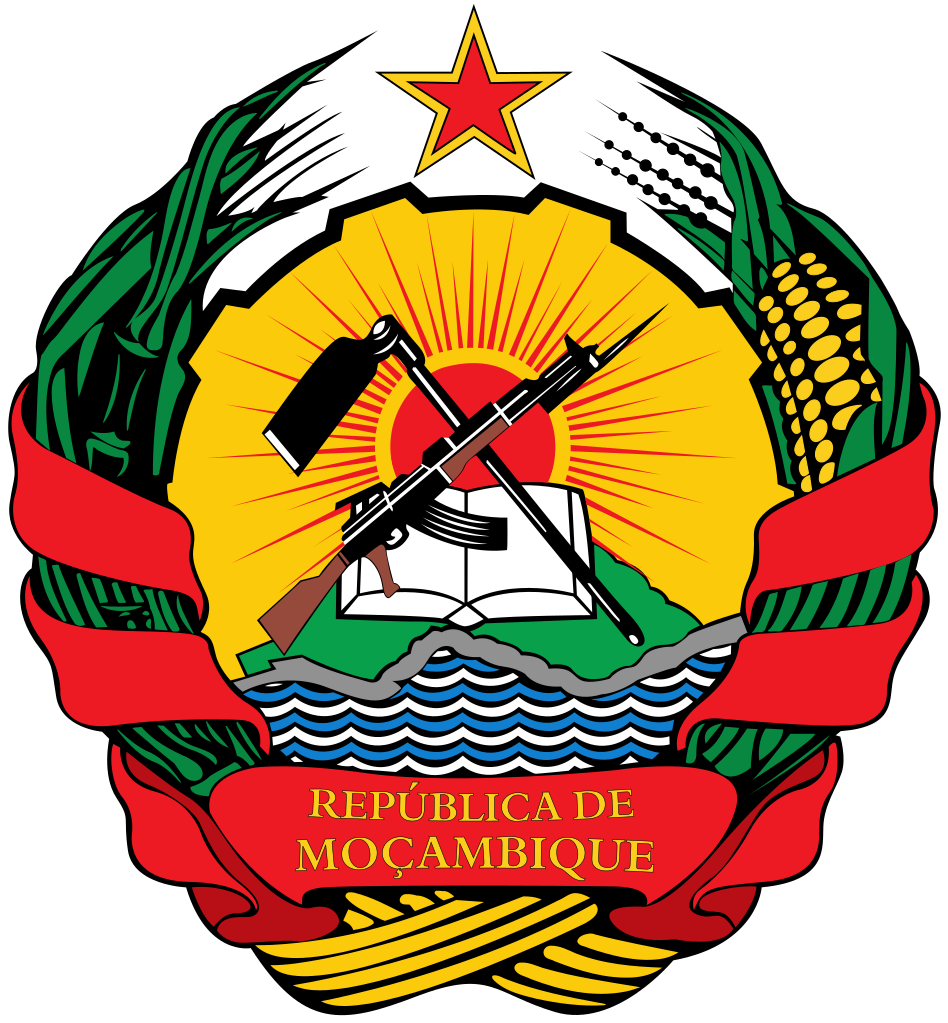
About Us
Learn more about MozBioMed.AI and our mission to transform health in Africa
Who We Are
MozBioMed.AI is a British startup with Mozambican roots, based at The University of Manchester, dedicated to biomedical research and the development of innovative solutions in diagnostics and drug discovery/repurposing for neglected tropical diseases. With a strong focus on artificial intelligence (AI), MozBioMed.AI aims to transform public health in Mozambique by promoting cutting-edge science with real social impact.
Our History
Founded in 2023 by a team of passionate Mozambican scientists, healthcare professionals, and technology experts, MozBioMed.AI was born from the urgent need to harness the power of digital innovation to meet the unique healthcare challenges faced by Mozambican communities.
Mission
To popularize the use of artificial intelligence in Mozambique to combat neglected tropical diseases such as HIV/AIDS, tuberculosis, and malaria, with special attention to rural communities where access to diagnosis and treatment is still limited.
Vision
To build an African ecosystem of excellence in AI applied to healthcare, empowering local scientists and creating innovative solutions with the potential for national and global impact.
Values
- Innovation: Applying cutting-edge technologies, such as Artificial Intelligence, to creatively and effectively solve health challenges.
- Accessibility: Making healthcare and technology accessible to underserved communities, especially in rural areas of Mozambique
- Collaboration: Working in partnership with universities, healthcare institutions, and other stakeholders to maximize the impact of our solutions.
- Education: Promoting the training and development of Mozambican professionals in the use of AI in healthcare, nurturing a new generation of scientists.
- Social Responsibility: Commitment to local development, improvement of public health, and the creation of solutions for local challenges.
Our Team

Alexandre Cobre (PhD)
Mozambican specializing in AI and Pharmacy. Scientist at The University of Manchester.

Alexandre Cobre
(United Kingdom)
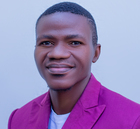
Hélder Pedro Matilene
(Mozambique)

Piaraly Rosário Velasco
(Mozambique)

Timothy Achala
(Kenya)
Academic Partners and International Scientists
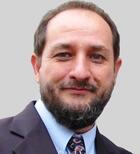
Waldemar Volasnki (PhD)
(Brazil)

Jefferson Souza (PhD)
(Brazil)
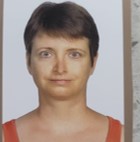
Mónica Surek (PhD)
(Brazil)
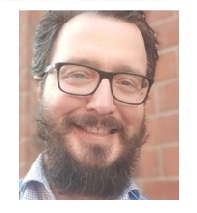
Alexesander Couto Alves (PhD)
(United Kingdom)

Arun Kular Roy (PhD)
(United Kingdom)
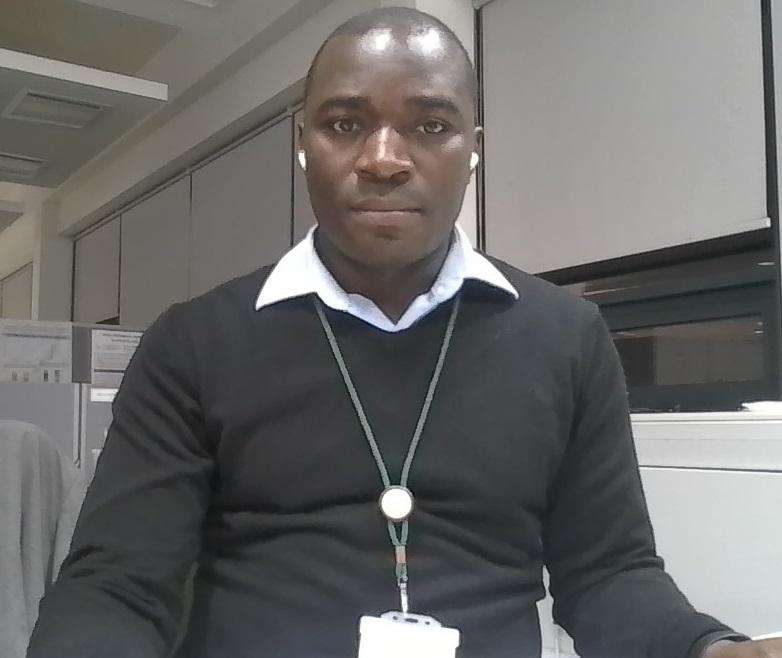
Benedicto Byamukama (PhD)
(Uganda)
Collaboration with National Healthcare Professionals and Academics
Dr. Bélio Castro – Ministry of Health of Mozambique
Dr. Joel Choveque – Ministry of Health of Mozambique
Dr. Nildo Joaquim – Ministry of Health of Mozambique

